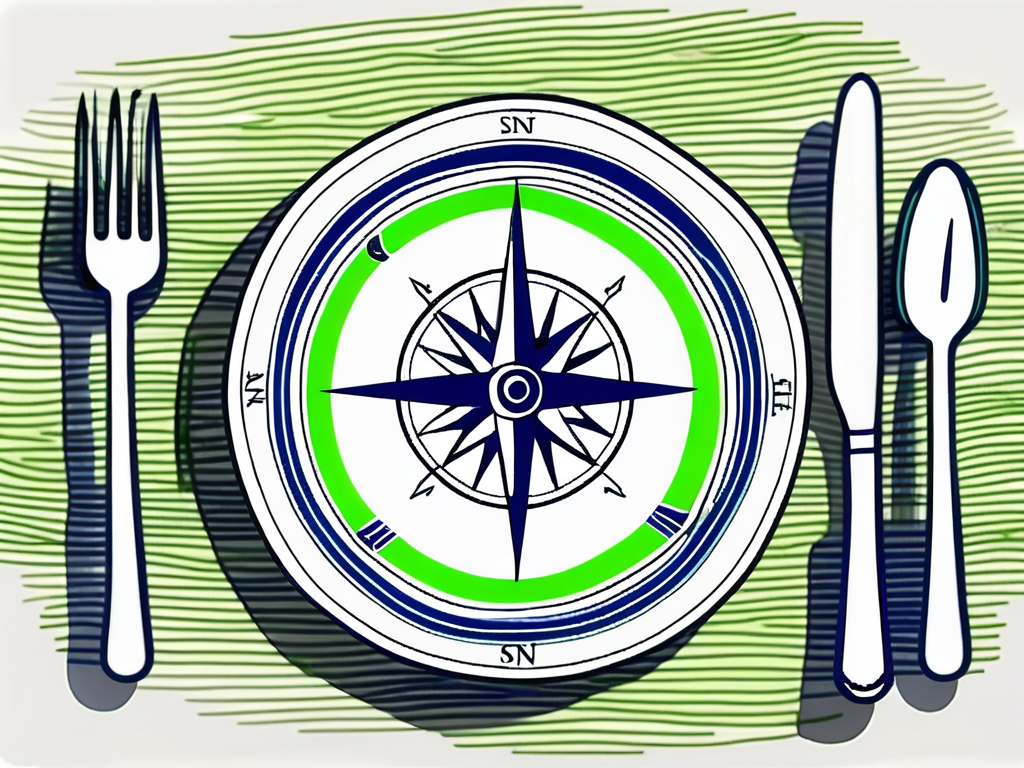Eating disorders affect not only females but also males, especially teenagers, who may go undiagnosed due to societal misconceptions. Early intervention and specialized care are crucial for recovery. With the right approach, parents and caregivers can provide the support needed to guide teen males through their recovery journey. Below is a quick list of treatment options available for adolescents with eating disorders.
Quick Overview of Treatment Options for Teen Males:
- Individual Therapy: Focused sessions to explore emotional struggles, distorted thoughts, and behaviors related to food and body image.
- Family-based therapy (FBT): Involves family members in the recovery process and provides support and structure at home.
- Nutritional Counseling: Helps develop balanced eating patterns and addresses disordered eating habits.
- Medical Monitoring: Regular check-ups to track weight and vitals and address any health complications.
- Group Therapy and Peer Support: Offers a safe space for shared experiences and peer encouragement.
- Inpatient and Outpatient Programs: Varying levels of care tailored to the severity of the eating disorder.
Understanding Eating Disorders in Teen Males
Eating disorders are serious mental health conditions that involve disturbances in eating behaviors. They can manifest as an obsession with food, body weight, or body shape. In teen males, they often go unnoticed or undiagnosed because of the common misconception that they only affect females.
There are several types of eating disorders, including anorexia nervosa, bulimia nervosa, and binge eating disorder. Each of these disorders has its own set of symptoms, but all involve a preoccupation with food and weight that interferes with daily life and health. It’s important to understand that eating disorders are not a choice or a phase; they are serious conditions that require professional treatment.
Recognizing the Signs of an Eating Disorder
Identifying the signs of an eating disorder in teen males can be challenging since symptoms may be mistaken for typical fitness routines or diet trends. However, early detection is crucial.
Physical Signs:
- Rapid weight loss or weight gain
- Fatigue, dizziness, or thinning hair
- Dry skin and changes in appearance
Behavioral Signs:
- Skipping meals or eating in secret
- Preoccupation with body image or excessive exercise
- Withdrawal from friends or social activities
If you notice these signs, you must have an open conversation and seek professional advice promptly.
Approaching Your Teen About Their Eating Disorder
Approaching your teen about their potential eating disorder can be a delicate task. It’s important to approach the conversation with empathy, understanding, and patience. Remember, your teen may be feeling scared, confused, and alone.
Start by expressing your concern without judgment or blame. Use “I” statements to communicate your feelings and avoid accusations. For example, say, “I’ve noticed you’ve been skipping meals, and I’m worried about you,” rather than “You’re not eating enough.”
Encourage your teen to share their feelings and listen without interrupting. It’s important to validate their feelings and reassure them they’re not alone. Remember, this conversation is just the first step in a long journey toward recovery.
Seeking Professional Help
Once you’ve opened the lines of communication, it’s time to seek professional help. Eating disorders are complex conditions that require specialized treatment. This typically involves a combination of medical, nutritional, and psychological therapy.
Start by consulting with your family doctor or pediatrician. They can provide a medical evaluation and refer you to specialists such as a psychiatrist, psychologist, or dietitian. It’s important to find a treatment team that has experience with eating disorders and teen males.
Remember, recovery from an eating disorder is a long and challenging journey. It’s important to be patient and supportive. Celebrate small victories, and remember that setbacks are a normal part of recovery.
Supporting Your Teen During Treatment
Supporting your teen during their treatment is crucial. As a parent, you play a key role in their recovery. Here are some strategies to help you provide the best support possible.

Education
Learn as much as you can about eating disorders. This will help you understand what your teen is going through and how you can help. Many resources are available, including books, websites, and support groups.
Communication
Keep the lines of communication open. Encourage your teen to express their feelings and listen without judgment. Be patient and understanding, even when it’s difficult.
Healthy Lifestyle
Promote a healthy lifestyle at home. This includes balanced eating, regular exercise, and adequate sleep. Avoid diet talk or negative comments about body size or shape.
Professional Support
Stay involved in your teen’s treatment. Attend appointments, participate in family therapy, and communicate regularly with the treatment team. This shows your teen that you’re committed to their recovery.
Conclusion
Guiding a teen male through eating disorder treatment can be a challenging journey, but with understanding, patience, and the right support, recovery is possible. Remember, you’re not alone. Resources and support are available to help you and your teen navigate this difficult time.
If you’re ready to take the next step in guiding your teen male through his journey to overcome an eating disorder, ViaMar Health is here to support you. Our specialized programs for adolescents provide a nurturing environment where your teen can receive the individualized care he needs. From our expert multidisciplinary team to our comprehensive treatment plans, we are dedicated to helping your teen address not just the symptoms but the underlying issues of his eating disorder. Don’t hesitate to reach out and speak with an admission specialist today to start the recovery process. Together, we can navigate this voyage towards health and well-being.




